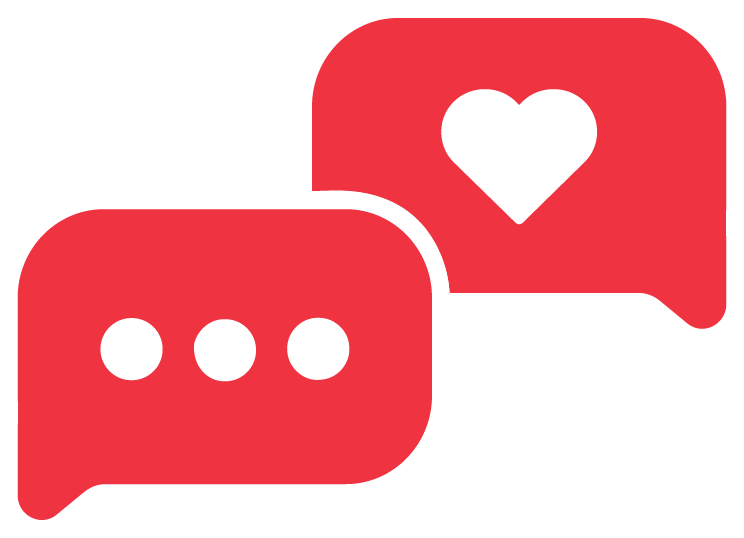Supporting Veterans with PTSD During the 4th of July
As I sit here watching my entire life being boxed up again, for the fourth time as a military spouse and eighth time as a veteran, I wonder what the next adventure will be like. We will be driving with an infant from Nebraska to Alabama, while stopping to see friends along the way. But I can’t help but wonder. What will this next assignment be like, what new friends will we meet, where are we heading after Alabama (it’s a short assignment), and since we are scheduled to be there July 1st, what we will be doing on the 4th of July. This led me to think a bit deeper about Independence Day and our troops.
On July 4th, 1776 the American Revolutionary War was won by General George Washington and the Continental Army. With this victory came the birth of the United States of America and the signing of the Declaration of Independence. Today, this holiday is celebrated yearly by the American people hosting parties, concerts, parades, picnics, camping, and various other outdoor activities generally culminating in beautiful fireworks displays throughout the states.
Most people spend 4th of July outside with their flag raised honoring both the holiday itself as well as those serving in the military. What many may not consider is how this display of patriotism may affect a veteran, particularly one with post-traumatic stress disorder (PTSD). The term ‘veteran’ usually denotes those who have previously served in the military, but it can also encompass current military members serving, as well as civilians that worked in dangerous environments that had potential for traumatic encounters.
The majority of veterans may not be affected by fireworks in a serious way. They may feel a little more vigilant or on edge, but an observer wouldn’t see any reaction. However, some veterans diagnosed with combat-related PTSD could find themselves on the ground, in a defensive position, or ducking for cover after hearing fireworks going off or from smelling the smoke in the air from the fireworks. To them, this triggers the memories and emotions, along with the trauma, they experienced while deployed. These veterans may find themselves back on the battlefield, still taking fire during a firefight that lasted 18 long hours, or being pulled back into that moment when their friend died from an improvised explosive device (or quite possibly one that blew up the veteran themselves). While the majority of veterans suffering from PTSD will not have this reaction, a select few will and thus it is important to be aware of this possibility.
Helping veterans who text into Crisis Text Line is not much different than helping any other texter. Only a fraction of the time will the conversation be related to PTSD. Our data shows that texters mentioning the military are more likely to bring up issues consisting of relationships, finances, or depression. As always remembering good contact techniques, validating their feelings, and meeting them where they are is always a sure way to help with building rapport.
Treating veterans dealing with combat-related PTSD, the same way as we would any other person is critical to providing them the support they need. If it’s determined that they are reaching out due to their reaction to fireworks we can ask how they normally cope. If we need to offer some helpful suggestions, suggest things like wearing earplugs, being with family, or even reaching out to a local veterans organizations such as Veterans of Foreign Wars location or Team Red White and Blue in order to connect with fellow vets.
One other thing: household pets typically don’t do well with loud noises either. Please consider their potential emotions to the 4th of July fireworks and keep them inside in a safe, quiet place. Happy 4th of July!

